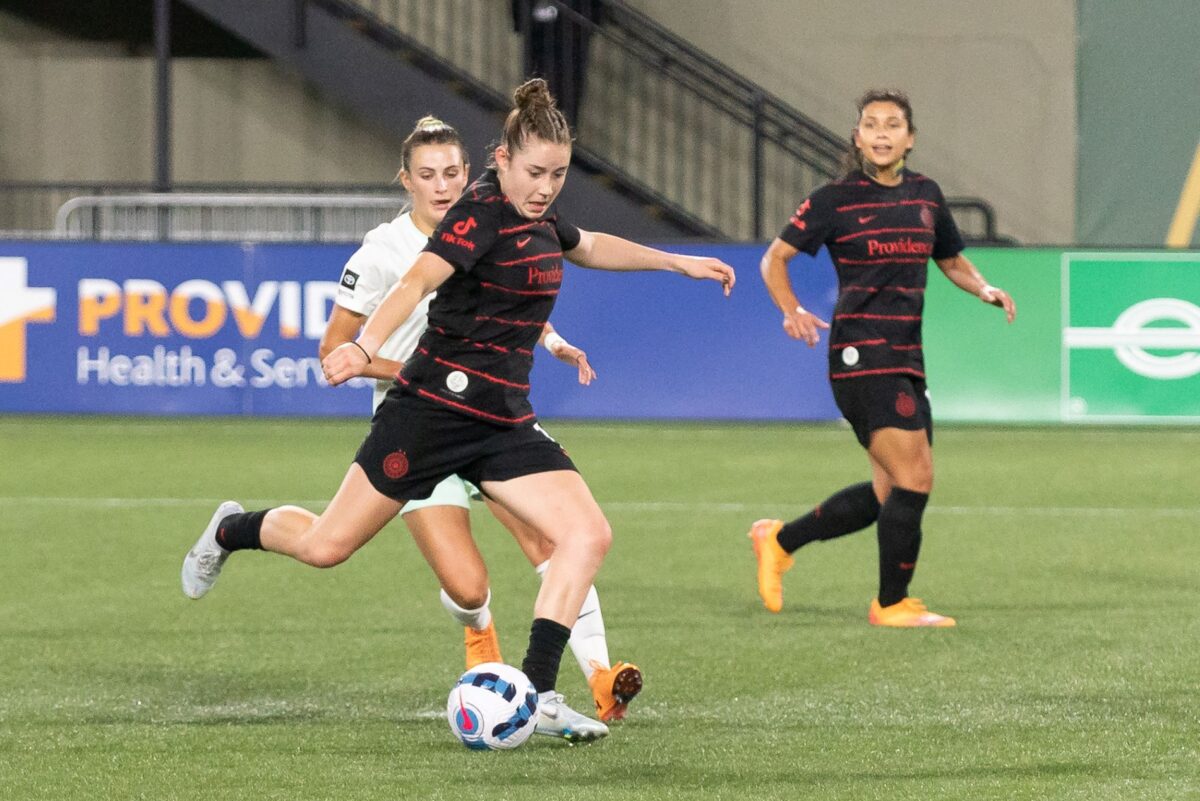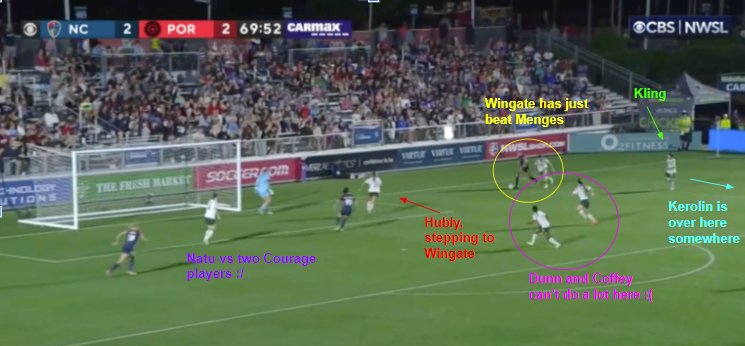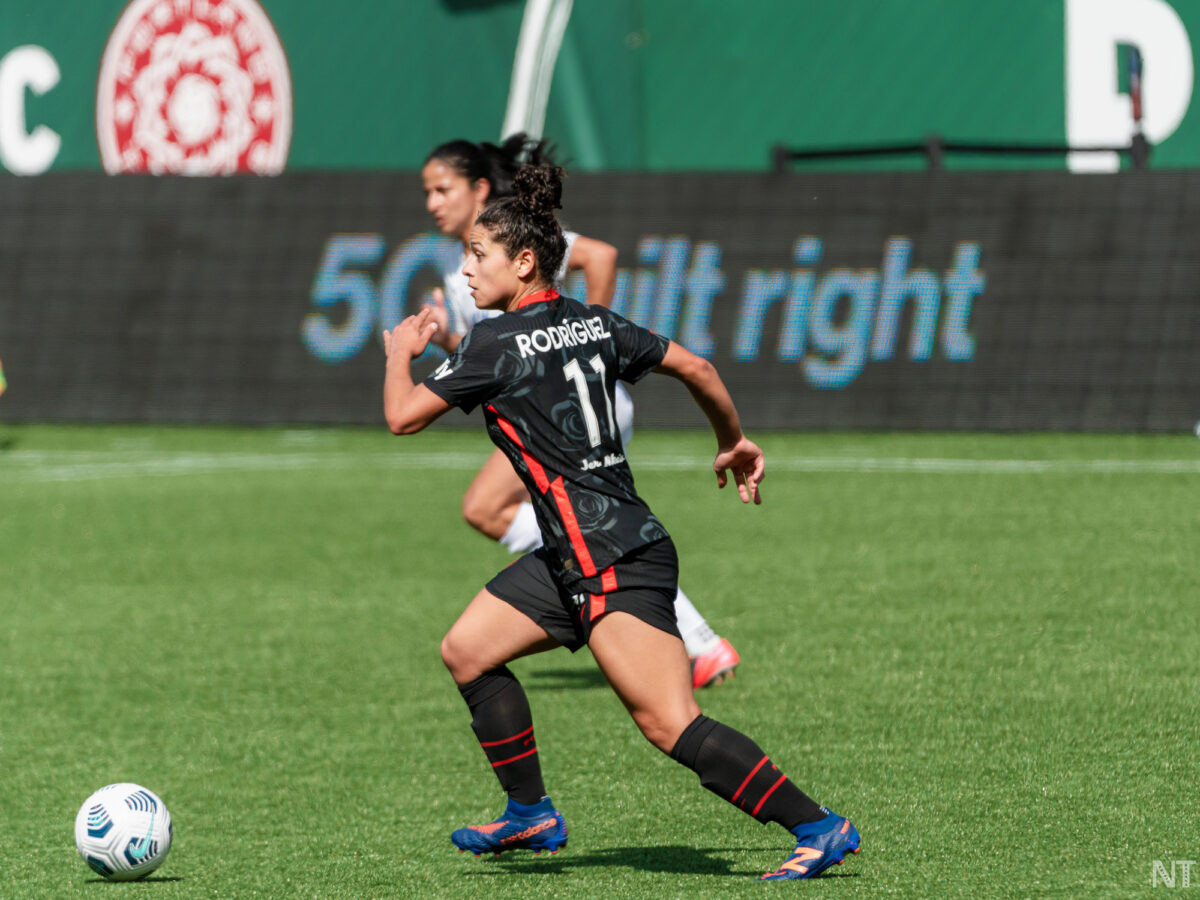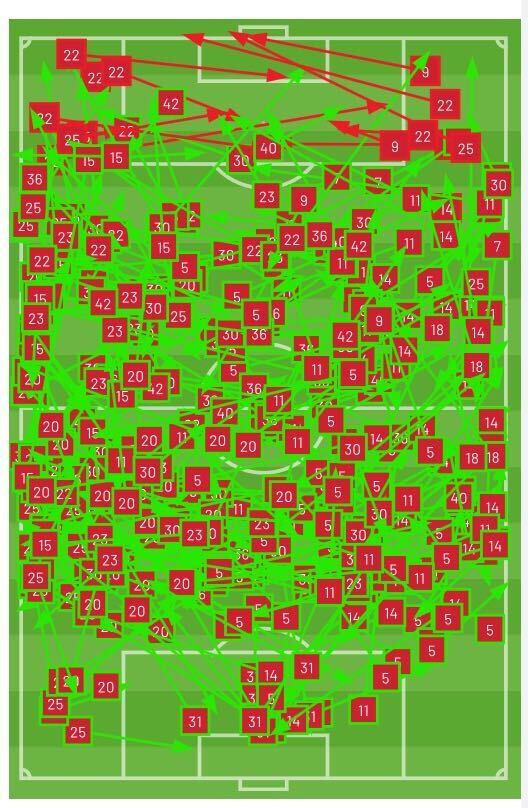The Portland Thorns finished 3rd in the Concacaf W Champions Cup after besting Club América 3-0.
Portland vs Tigres
The Thorns fell to a Tigres UANL side, a team looking for revenge after having a not-so-good season by their own standards.
The hosts surprised Portland with a header by Aaliyah Farmer after a Jacqueline Ovalle corner in the 9th minute.
Tigres was smart by letting Portland play through the wings but then closing the spaces on the box where the Thorns could send a pass or shoot. Kaiya Hanks and Olivia Moultrie were the players with the most mobility on the left wing, but almost all their efforts to connect with the rest of the team were little to unsuccessful.
On the attacking end both Ovalle and Thembi Kgatlana terrorized the backline. The South African’s speed created havoc, and it was very hard for the Thorns’ defense to stop her.
Kgatlana was usually sitting high to catch any long pass or capitalize on any error made by the back line, and that plan worked. Seeing Bella Bixby gifting the ball to her was terrible, and the South African didn’t miss. It was 2-0 before 30 minutes of the match had elapsed.
With enough time to revert things in the second half, the Thorns had hope, but they faded away in the second half. They had some chances when sending aerial balls to the box, but Tigres did pretty well. The Thorns were effectively blocked from passing the ball inside the 18-yard box, and therefore it was easier for Tigres to keep them at bay.
Portland vs Club América
The match against Club América was a totally different story. The Mexican club wasn’t in the best state of mind coming into this game—and it showed.
The Eagles were full of injured players, which ended up damaging the end of what was a great season; therefore, they came into this match frustrated. Just like Portland, their chances to qualify for the FIFA Club World Cup were gone, and they were basically playing for pride.
In the end, Portland showed they were the better side. Even with debutants and a rotated lineup, they beat América 3-0. Goalkeeper Morgan Messner, rookie defender Moira Kelley, and rookie midfielder Carissa Boeckmann all debuted in that match as starters and did well on the field.
By the end of the match, Pietra Tordin, Peyton Linnehan, and Olivia Moultrie had put their names on the score sheet to help their team finished third in the competition.
Conclusions
Despite the positive result against the Eagles, this was a disappointing tournament for Portland. True, they got far in the competition, but it is safe to say that the Thorns should’ve been the best of the four teams that played in the semifinals.
NJ/NY Gotham FC may have a better roster than Portland’s, but they’re not doing well in the NWSL, and they’re not living up to their roster’s true potential.
Tigres is the winningest team in Mexican women’s soccer, but they came to this final four having their worst season to date. We’ve already touched on América’s bad shape.
Therefore, it wasn’t far-fetched to think that Portland could’ve played the final and won it. But their inconsistency showed up again in the Concacaf W Champions Cup semifinals and killed the Thorns’ biggest chance they might have this year to win silverware.
It was a shame and a wasted opportunity, but hopefully, this young roster will learn from this and manage instances like this in a better way from now on.

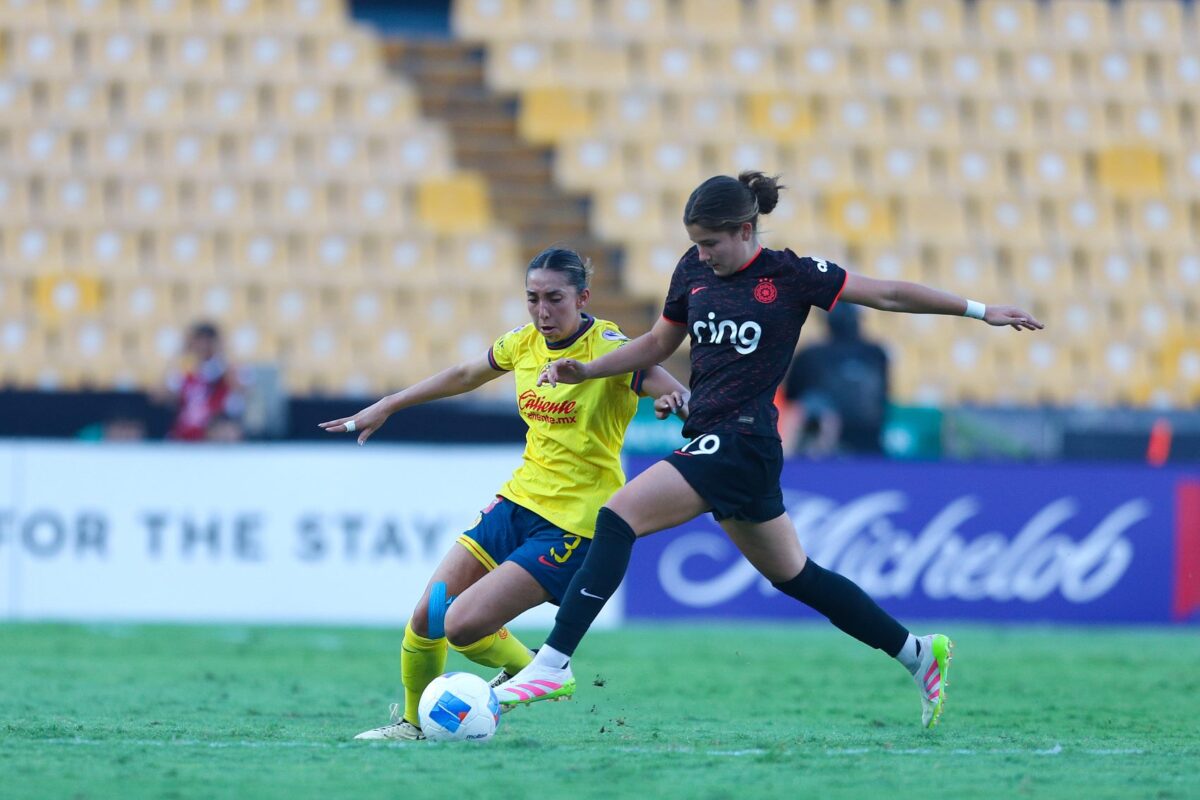
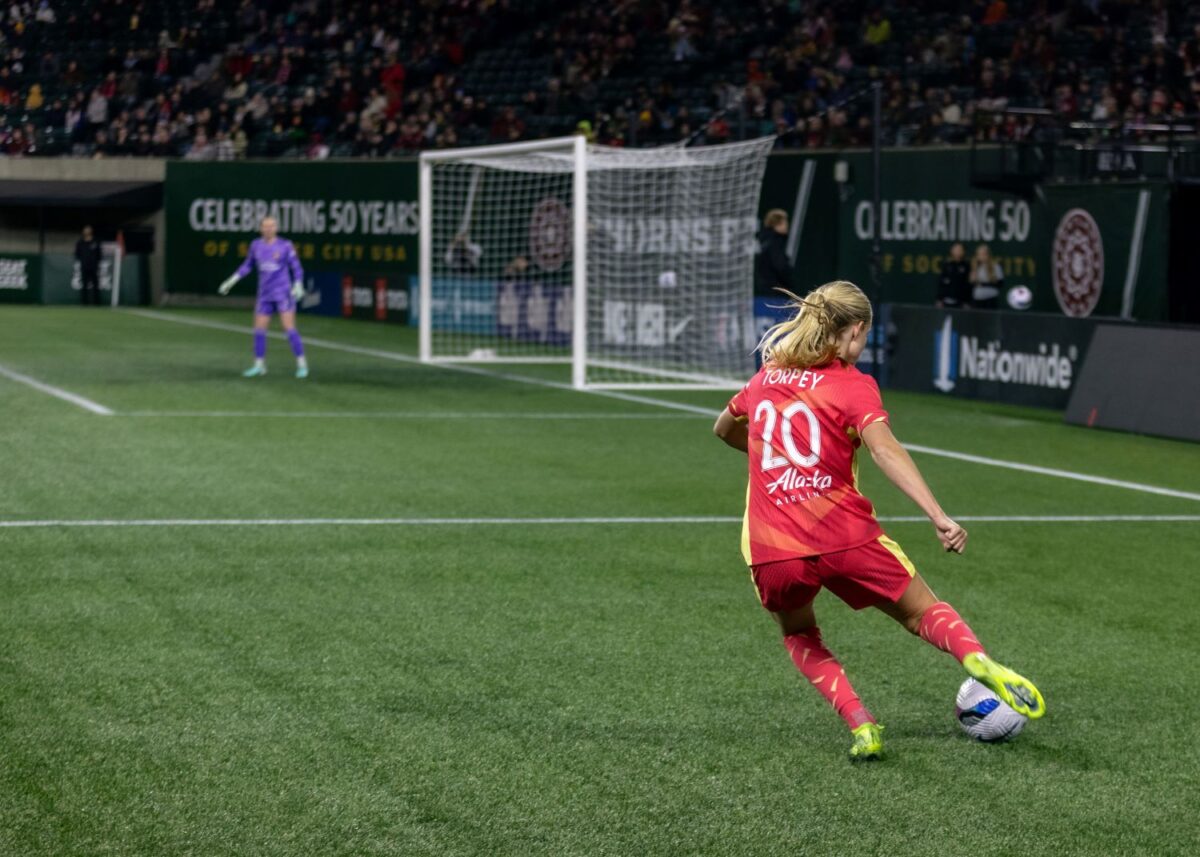
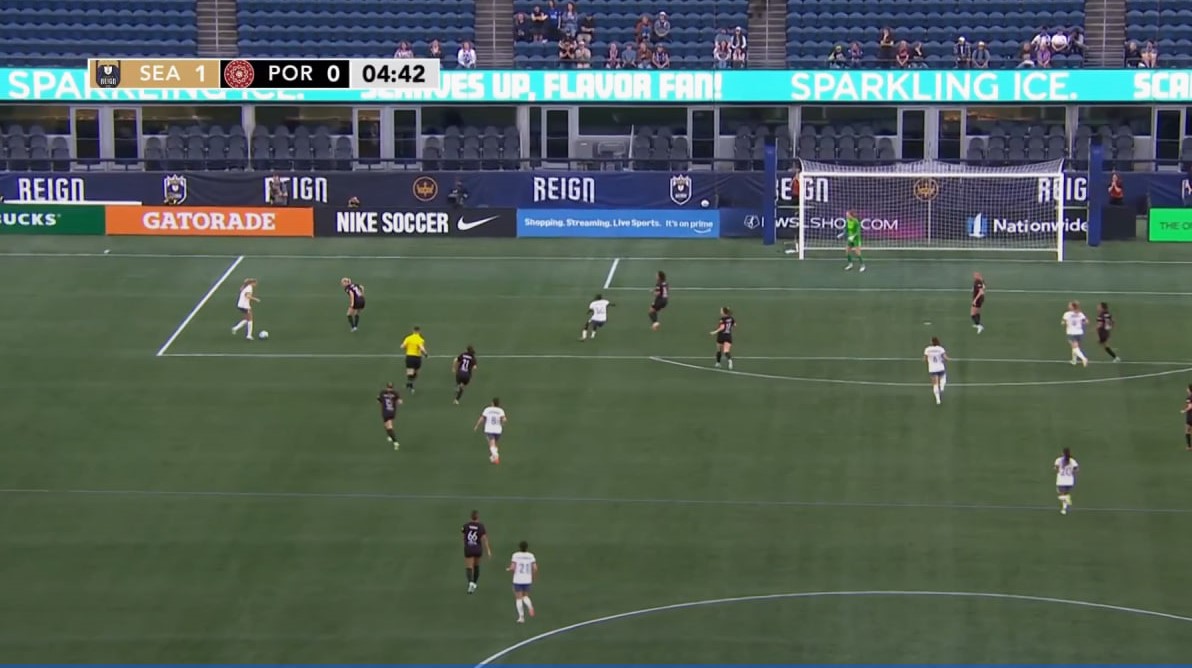
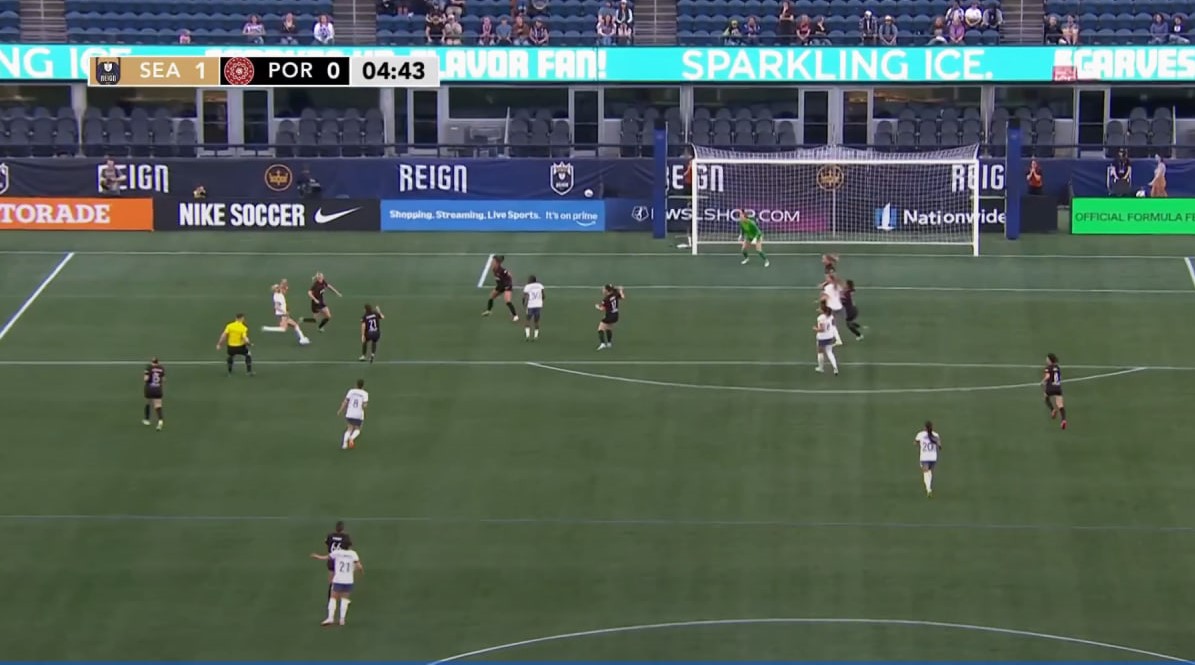
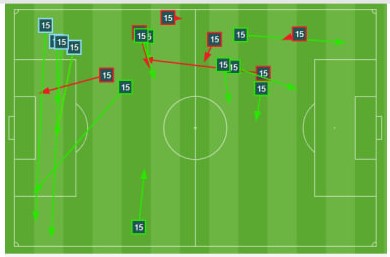
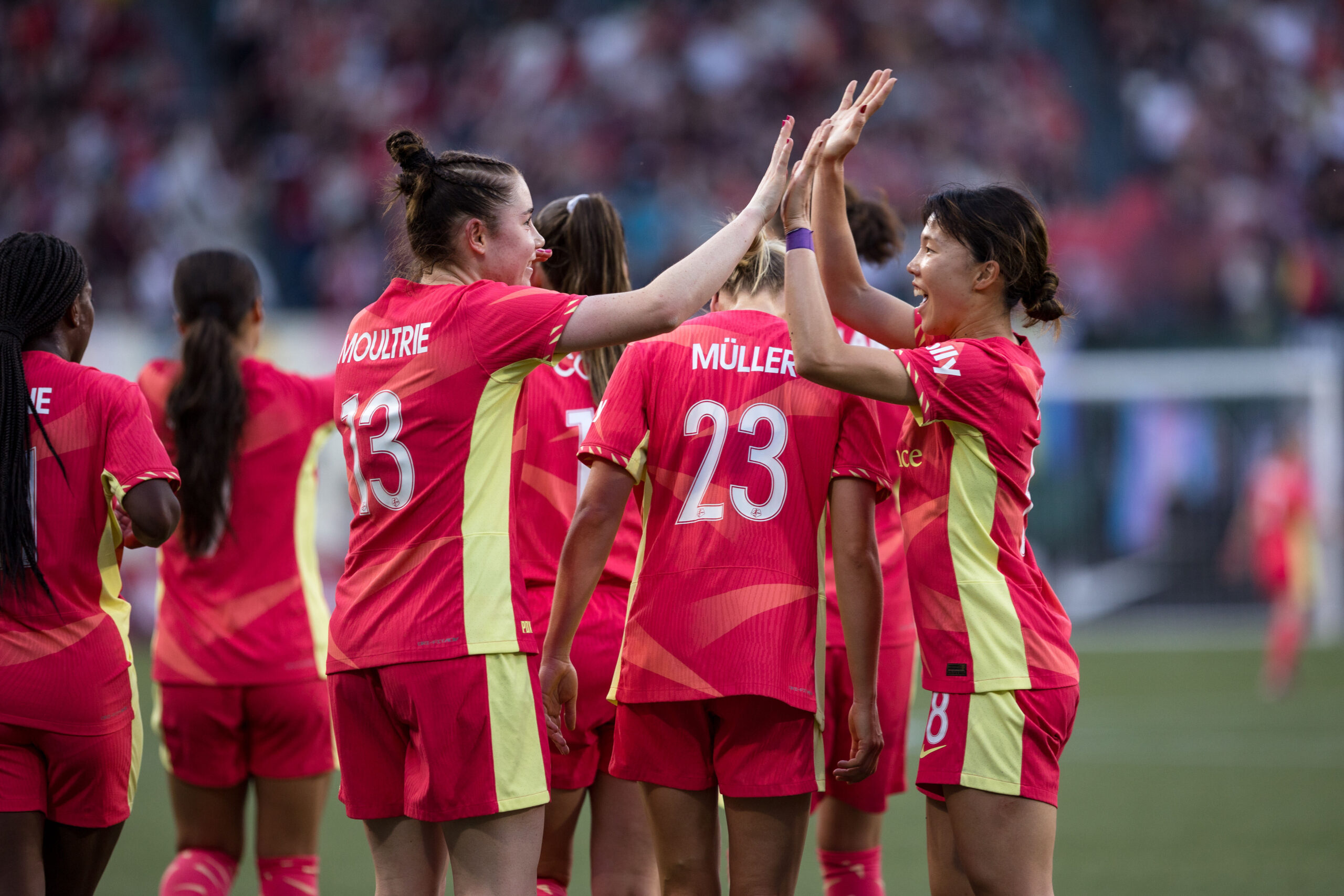

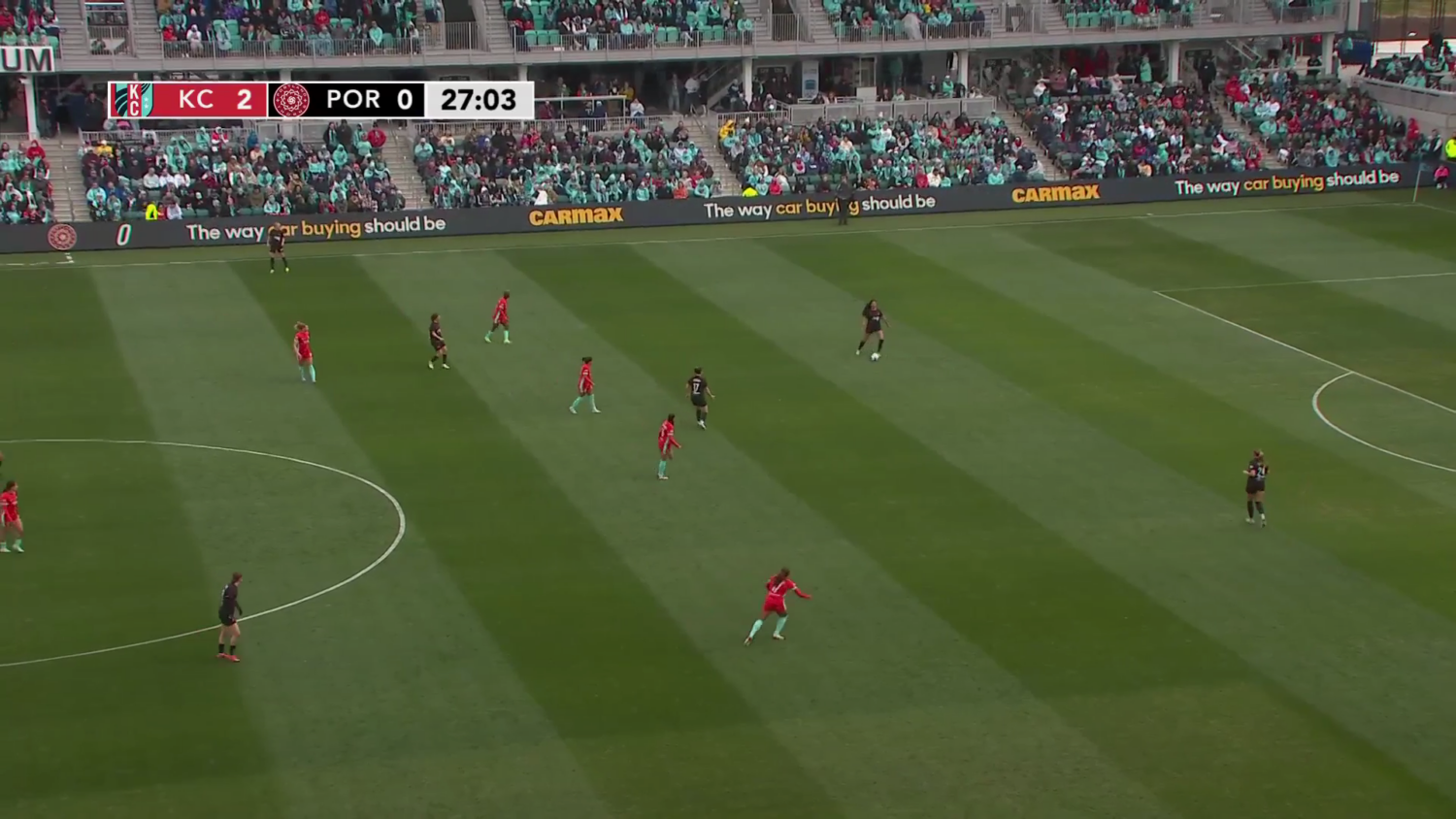
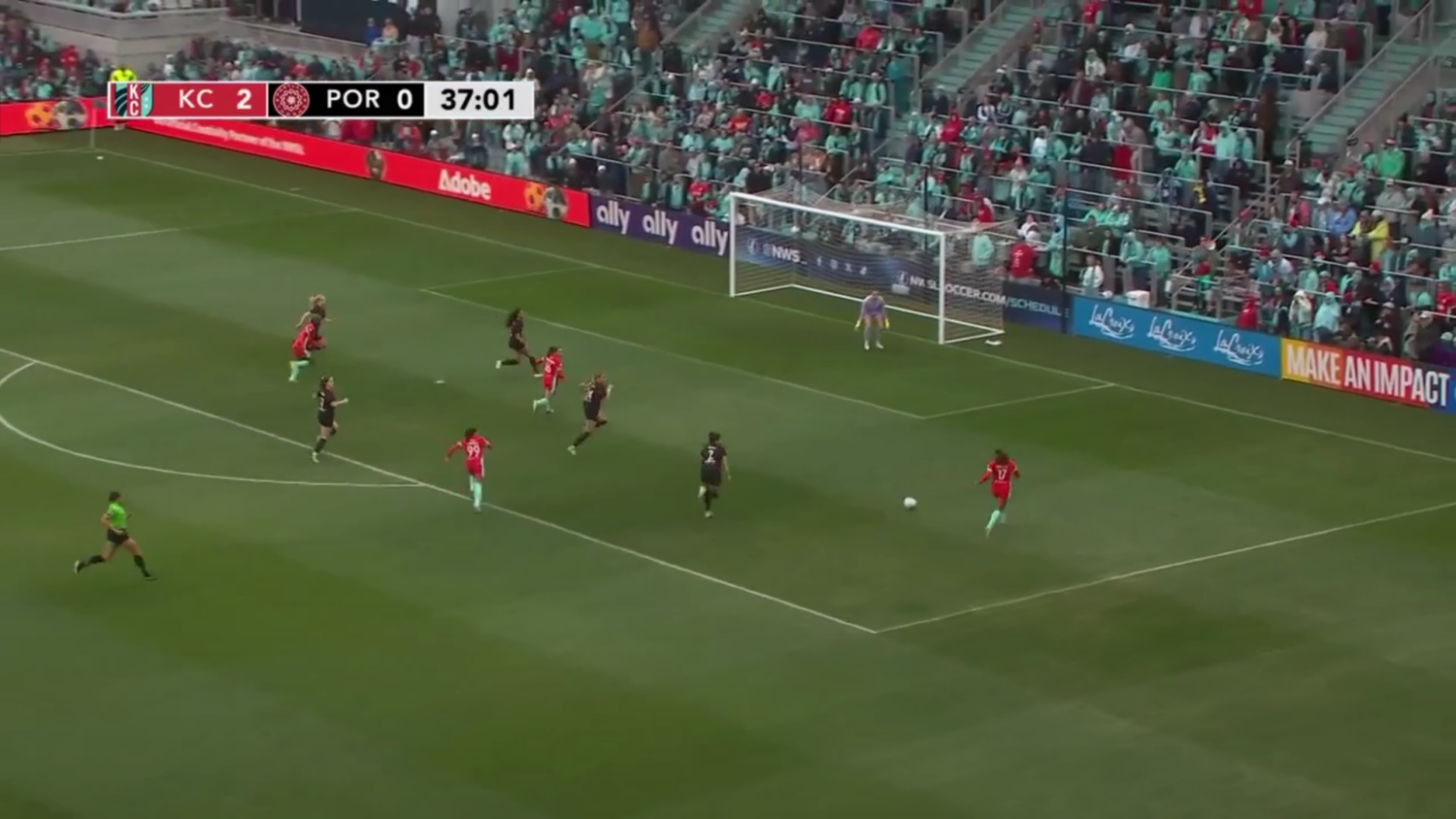
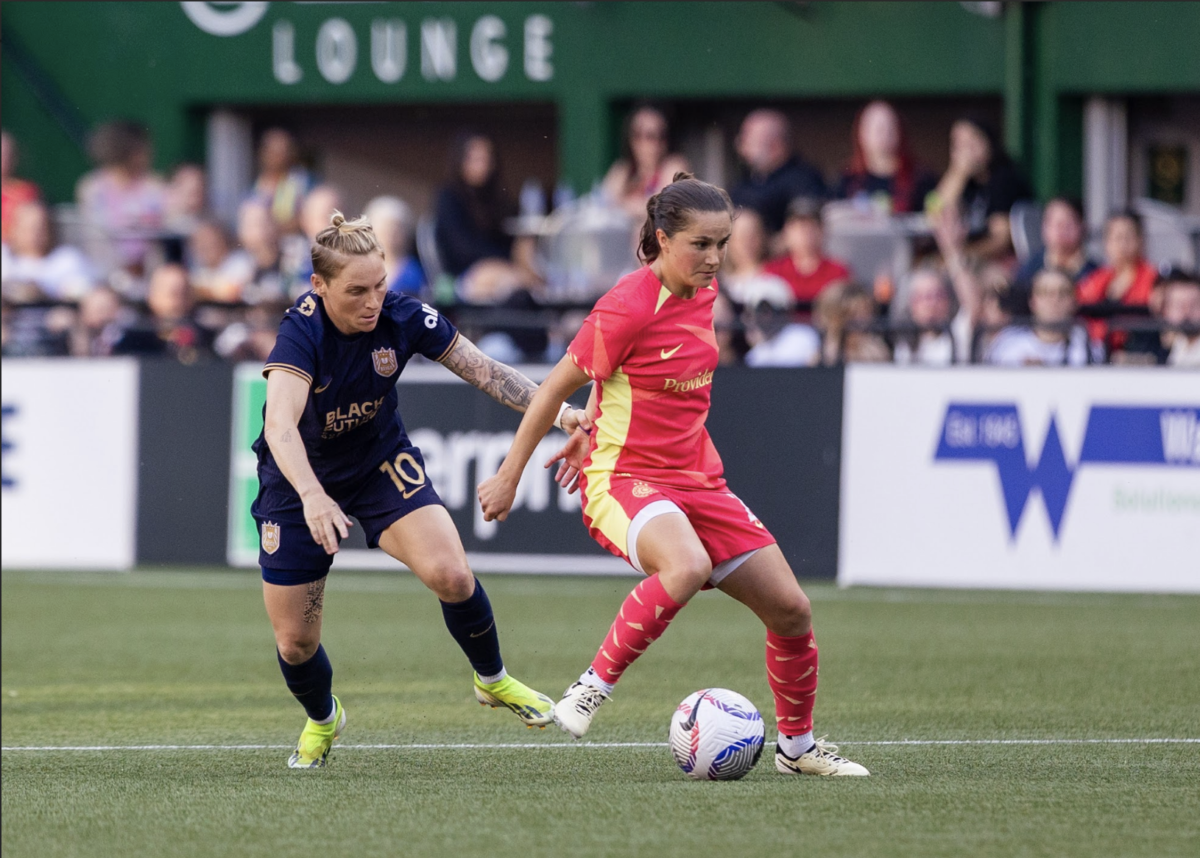
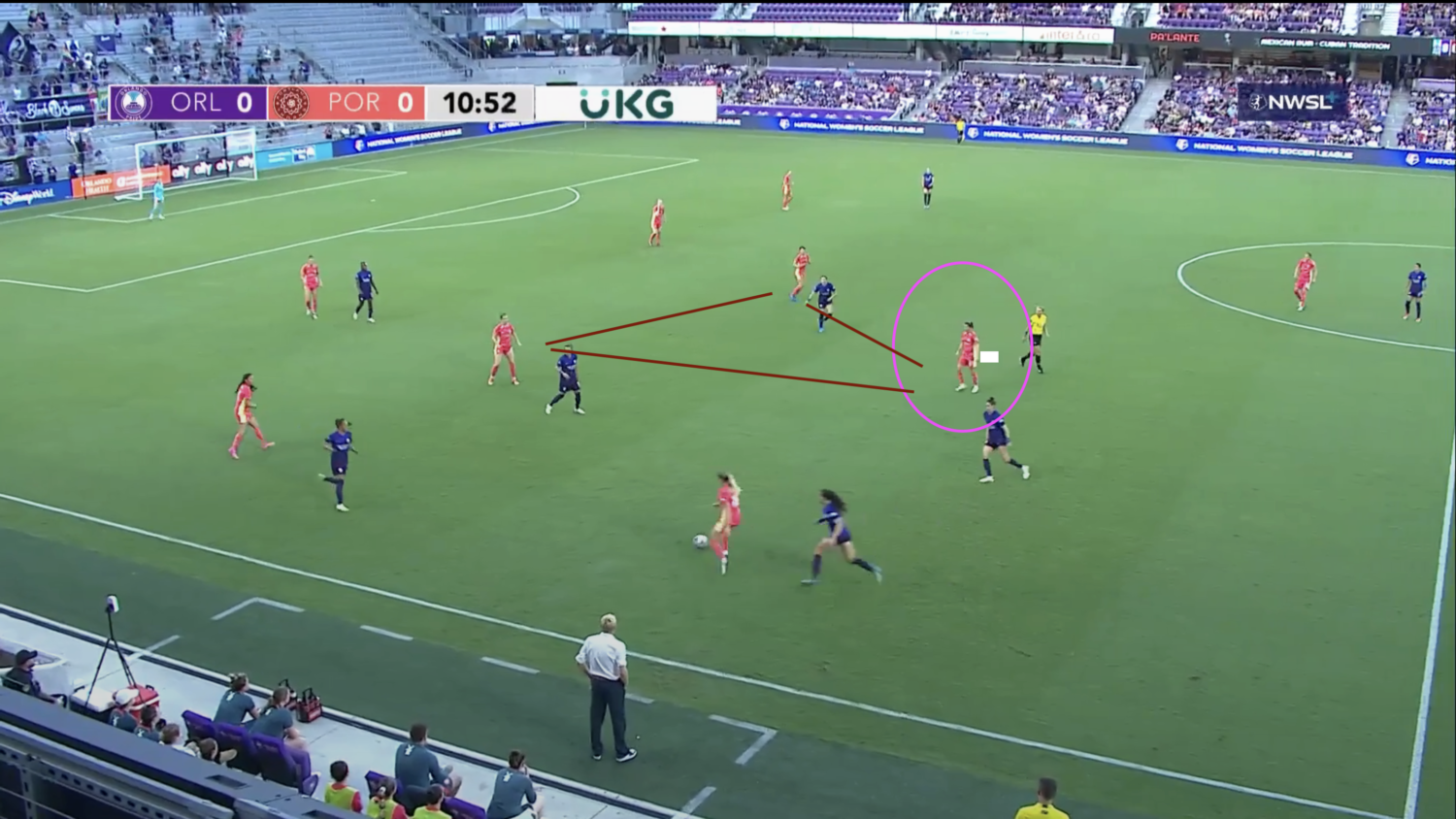
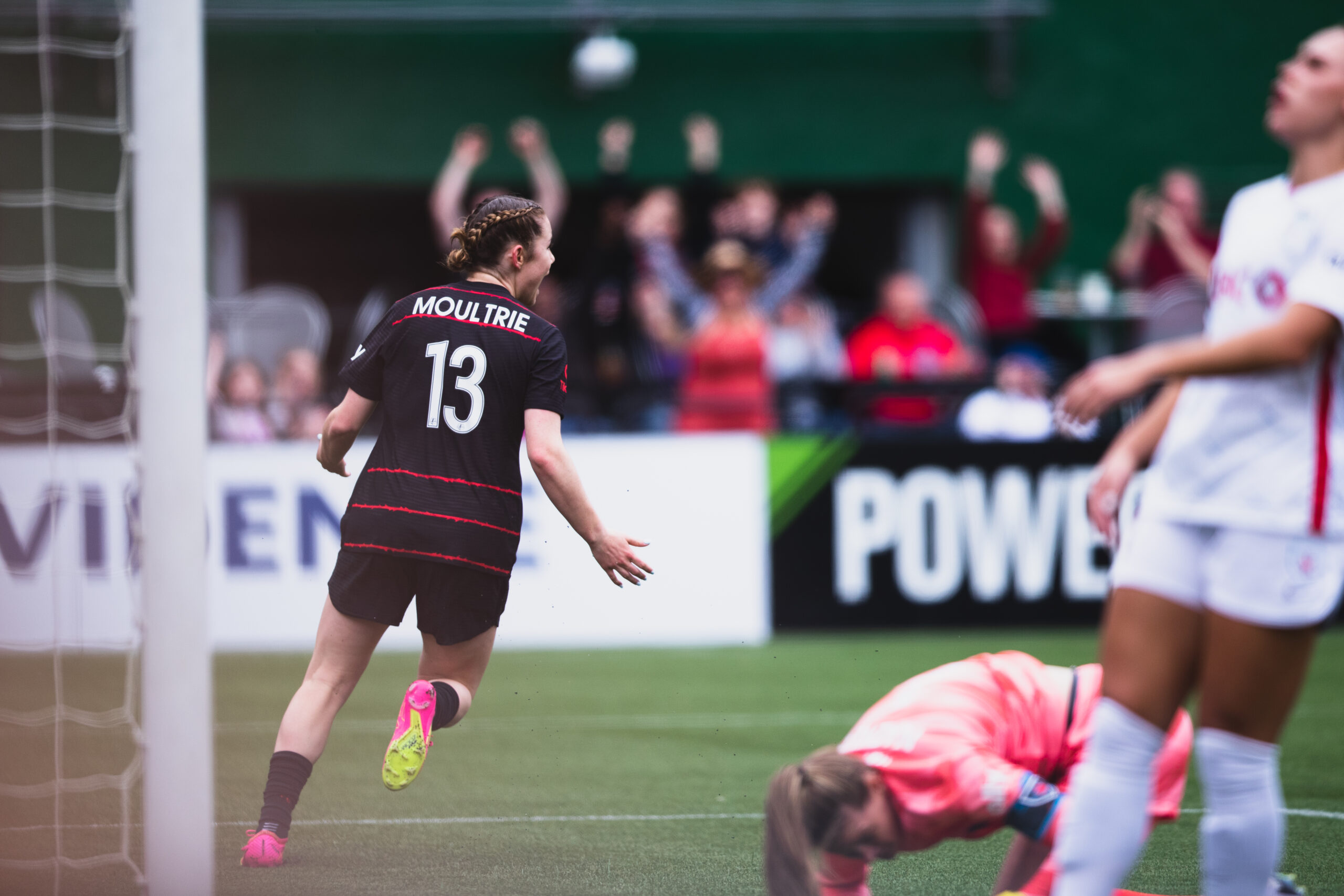
 Unlock with Patreon
Unlock with Patreon